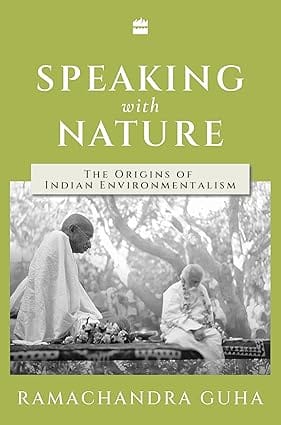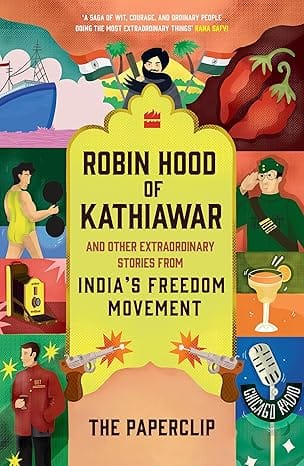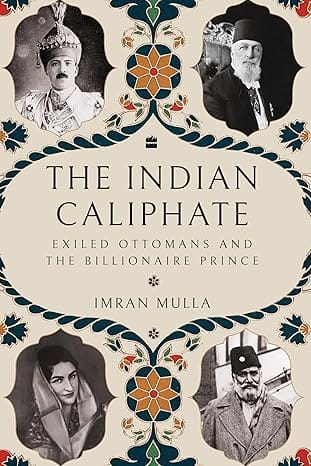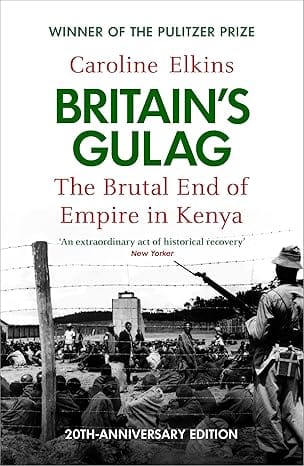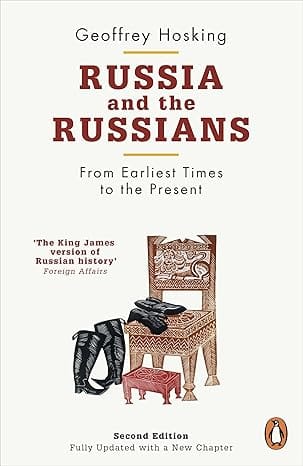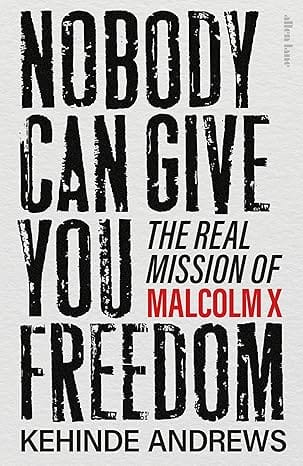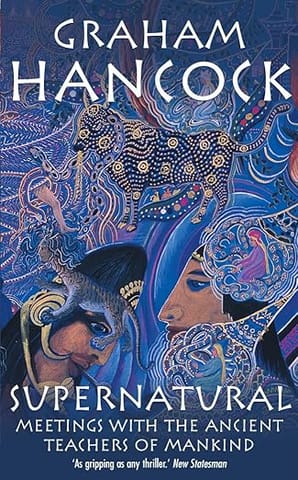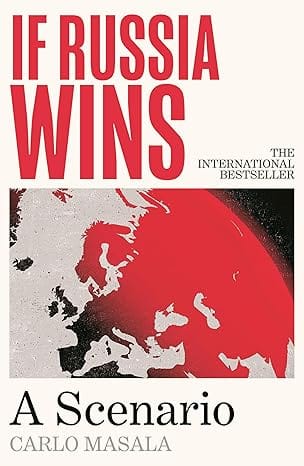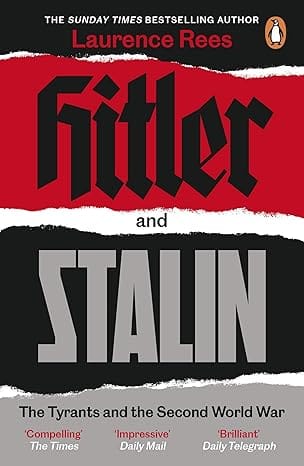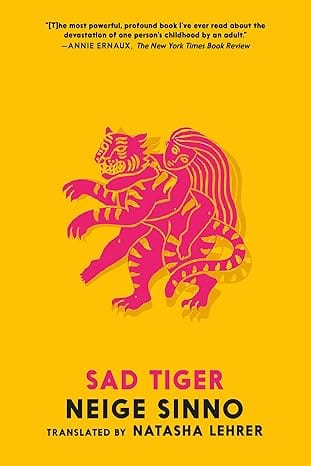- Non-ficton
- Non-ficton
- Contemporary Fiction
- Contemporary Fiction
- Children
- Children
- Comics & Graphic Novels
- Comics & Graphic Novels
- Non-Fiction
- Non-Fiction
- Fiction
- Fiction
By the canons of orthodox social science, countries like India are not supposed to have an environmental consciousness. They are, as it were, 'too poor to be green'. In this deeply researched book, Ramachandra Guha challenges this narrative by revealing a virtually unknown prehistory of the global movement set far outside Europe or America. Long before the publication of Rachel Carson's Silent Spring and well before climate change gained currency as a term, ten remarkable individuals wrote with deep insight about the dangers of environmental abuse from within an Indian context. In strikingly contemporary language, Rabindranath Tagore, Radhakamal Mukerjee, J.C. Kumarappa, Patrick Geddes, Albert and Gabrielle Howard, Mira, Verrier Elwin, K.M. Munshi and M. Krishnan wrote about the forest and the wild, soil and water, urbanization and industrialization. Positing the idea of what Guha calls 'livelihood environmentalism' in contrast to the 'full-stomach environmentalism' of the affluent world, these writers, activists and scientists played a pioneering role in shaping global conversations about humanity's relationship with nature.
Spanning more than a century of Indian history and decidedly transnational in reference, Speaking with Nature offers rich resources for considering the threat of climate change today.
Review
'India's leading historian' - THE ECONOMIST
'India's foremost public intellectual' - THE ECONOMIC TIMES
'Perhaps the best among India's non-fiction writers' - THE NEW YORK TIMES
'Guha claims to be "speaking as a historian rather than as citizen", but his real achievement is to show how one can be both - and still do excellent work' - THE GUARDIAN
'Indian democracy's pre-eminent chronicler' - TIME
'Guha occupies a unique place in the world of Indian letters' -THE INDIAN EXPRESS
'One of the world's great minds' -THE INDEPENDENT
About the Author
Ramachandra Guha was born andraised in the Himalayan foothills. He studied in Delhi and Kolkata, and haslived for many years in Bengaluru. His books include a pioneering environmentalhistory, The Unquiet Woods, a landmark history of the Republic, Indiaafter Gandhi, and an authoritative two-volume biography of Mahatma Gandhi,each of which was chosen by the New York Times as a Notable Book of theYear. His books and essays have been translated into more than twentylanguages.
Ramachandra Guha has taught atStanford and Oslo, held the Phillippe Roman Chair at the London School ofEconomics, and served as the Satish Dhawan Visiting Professor at the IndianInstitute of Science. He is currently Distinguished University Professor atKrea University. Guha's awards include theLeopold-Hidy Prize of the American Society of Environmental History, the HowardMilton Prize of the British Society for Sports History, the Elizabeth LongfordPrize for Historical Biography, the Sahitya Akademi Award, and the FukuokaPrize for contributions to Asian studies. He is the recipient of an honorarydoctorate in the humanities from Yale University
Speaking with Nature The Origins of Indian Environmentalism
SIZE GUIDE
- ISBN: 9789362134905
- Author: Ramachandra Guha
- Publisher: Fourth Estate India
- Pages: 440
- Format: Hardback
- Release Date: 10 October 2024
Book Description
By the canons of orthodox social science, countries like India are not supposed to have an environmental consciousness. They are, as it were, 'too poor to be green'. In this deeply researched book, Ramachandra Guha challenges this narrative by revealing a virtually unknown prehistory of the global movement set far outside Europe or America. Long before the publication of Rachel Carson's Silent Spring and well before climate change gained currency as a term, ten remarkable individuals wrote with deep insight about the dangers of environmental abuse from within an Indian context. In strikingly contemporary language, Rabindranath Tagore, Radhakamal Mukerjee, J.C. Kumarappa, Patrick Geddes, Albert and Gabrielle Howard, Mira, Verrier Elwin, K.M. Munshi and M. Krishnan wrote about the forest and the wild, soil and water, urbanization and industrialization. Positing the idea of what Guha calls 'livelihood environmentalism' in contrast to the 'full-stomach environmentalism' of the affluent world, these writers, activists and scientists played a pioneering role in shaping global conversations about humanity's relationship with nature.
Spanning more than a century of Indian history and decidedly transnational in reference, Speaking with Nature offers rich resources for considering the threat of climate change today.
Review
'India's leading historian' - THE ECONOMIST
'India's foremost public intellectual' - THE ECONOMIC TIMES
'Perhaps the best among India's non-fiction writers' - THE NEW YORK TIMES
'Guha claims to be "speaking as a historian rather than as citizen", but his real achievement is to show how one can be both - and still do excellent work' - THE GUARDIAN
'Indian democracy's pre-eminent chronicler' - TIME
'Guha occupies a unique place in the world of Indian letters' -THE INDIAN EXPRESS
'One of the world's great minds' -THE INDEPENDENT
About the Author
Ramachandra Guha was born andraised in the Himalayan foothills. He studied in Delhi and Kolkata, and haslived for many years in Bengaluru. His books include a pioneering environmentalhistory, The Unquiet Woods, a landmark history of the Republic, Indiaafter Gandhi, and an authoritative two-volume biography of Mahatma Gandhi,each of which was chosen by the New York Times as a Notable Book of theYear. His books and essays have been translated into more than twentylanguages.
Ramachandra Guha has taught atStanford and Oslo, held the Phillippe Roman Chair at the London School ofEconomics, and served as the Satish Dhawan Visiting Professor at the IndianInstitute of Science. He is currently Distinguished University Professor atKrea University. Guha's awards include theLeopold-Hidy Prize of the American Society of Environmental History, the HowardMilton Prize of the British Society for Sports History, the Elizabeth LongfordPrize for Historical Biography, the Sahitya Akademi Award, and the FukuokaPrize for contributions to Asian studies. He is the recipient of an honorarydoctorate in the humanities from Yale University
User reviews
NEWSLETTER
Subscribe to get Email Updates!
Thanks for subscribing.
Your response has been recorded.

India's Iconic & Independent Book Store offering a vast selection of books across a variety of genres Since 1978.
"We Believe In The Power of Books" Our mission is to make books accessible to everyone, and to cultivate a culture of reading and learning. We strive to provide a wide range of books, from classic literature, sci-fi and fantasy, to graphic novels, biographies and self-help books, so that everyone can find something to read.
Whether you’re looking for your next great read, a gift for someone special, or just browsing, Midland is here to make your book-buying experience easy and enjoyable.
We are shipping pan India and across the world.
For Bulk Order / Corporate Gifting
 +91 9818282497 |
+91 9818282497 |  [email protected]
[email protected]
Click To Know More
QUICK LINKS
ADDRESS
Shop No.20, Aurobindo Palace Market, Near Church, New Delhi

